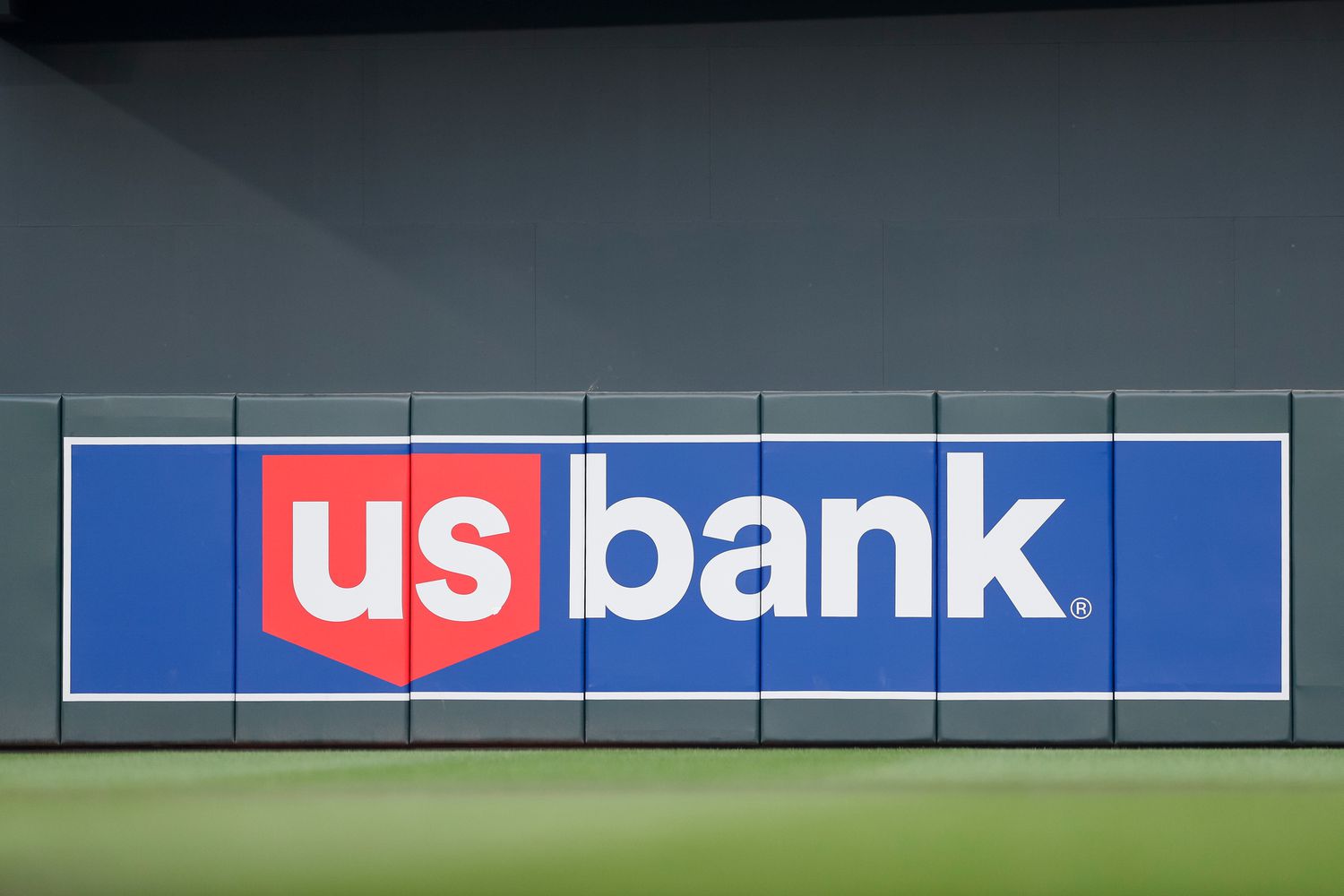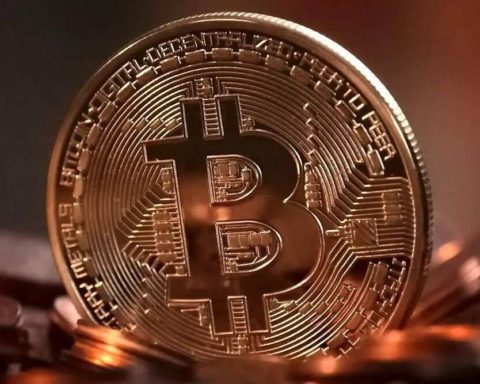One of the largest financial institutions in the United States has moved to accelerate its entry into the digital asset economy, unveiling a dedicated unit designed to support the future of banking, payments, and tokenized finance.
US Bancorp, the parent company of US Bank, confirmed the launch of the Digital Assets and Money Movement organization, positioning the new group at the center of the bank’s strategy for stablecoins, tokenization, and emerging digital currency infrastructure.
The division will oversee development across several fast-expanding categories, including tokenized deposits, digital currency custody, and new blockchain-based payment solutions.
Dominic Venturo, US Bank’s chief digital officer, said the shift reflects growing demand from clients who increasingly want to understand “how digital assets can help them safely move money, store deposits and use tokenized assets, among other potential use cases.”
US Bank is currently the fifth-largest American lender and is recognized as a systemically important financial institution, giving it significant influence as large banks adapt to blockchain-enabled finance.
The bank has gradually expanded its digital asset capabilities over recent years.
It previously launched a custody offering for institutional investors, responding to interest from asset managers seeking secure storage for digital currencies.
It also invested in Securrency, a tokenization technology firm backed by State Street and WisdomTree, highlighting its ambitions to play a role in next-generation asset infrastructure.
Aside from banks, many other private sector companies, such as casinos, have embraced blockchain technology. However, some casinos, such as 666 Casino, are sticking with a more traditional approach to online gambling.
US Bank now joins other major financial institutions such as JPMorgan, Goldman Sachs, Citi, and BNY Mellon, all of which have increased investment in blockchain-based services as corporate and investor interest continues to grow.
However, while institutions ramp up digital asset initiatives, industry organizations and crypto-focused legislators have raised concerns that large banks may be limiting customers’ ability to interact with digital asset platforms.
Several groups, including the Blockchain Association and the Crypto Council for Innovation, recently submitted a letter to the Consumer Financial Protection Bureau urging the agency to preserve open banking rules and prevent banks from restricting access to crypto platforms.
They argued that open banking “is the foundation of innovation, competition, and choice in today’s digital financial system,” adding that recent actions by major institutions risk reversing years of progress.
Open banking, covered under CFPB Rule 1033, allows consumers to share financial data with third-party services, enabling connections between bank accounts, digital wallets, and stablecoin payment rails.
The groups warned that limiting these connections would diminish competition and hinder the development of digital asset payment ecosystems.
Wyoming Senator Cynthia Lummis also pressed the CFPB to finalize the rule, saying open banking is essential to integrating digital assets into everyday financial activity.
“Open banking is also critical to integrating digital assets into our economy by promoting competition and allowing consumers to provide their data to digital asset exchanges and stablecoin issuers to facilitate faster and cheaper payments,” she wrote.




